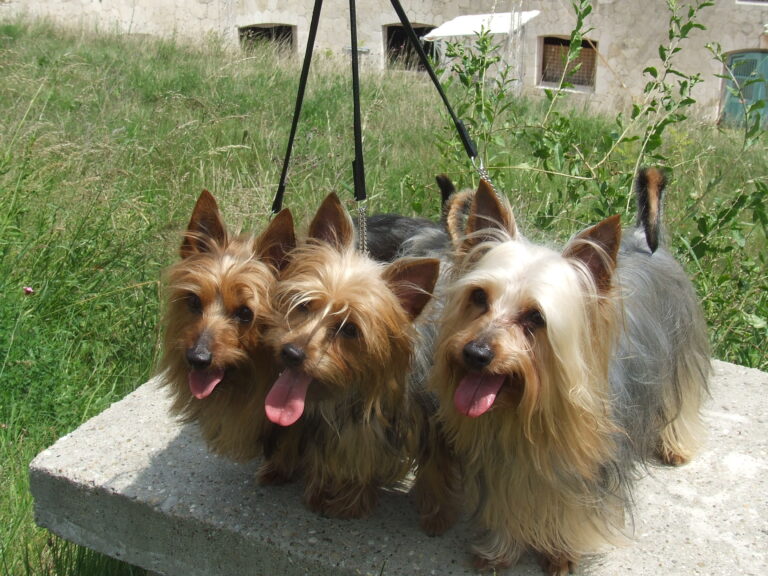15 Important Things to Know Before Getting a Dog
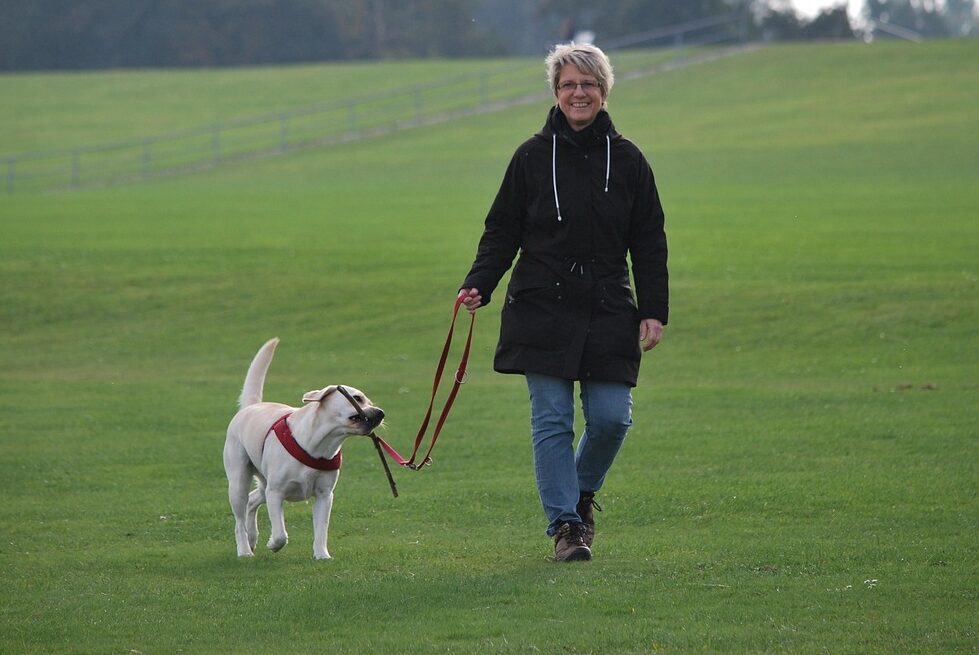
Getting a dog isn’t just adding a cute furry friend to your life — it’s also taking on a living, breathing creature that depends on you for nearly everything. From daily walks to unexpected vet bills, the reality of dog ownership often goes far beyond what people expect. These 15 insights will help you decide if you’re truly ready — not just for the cuddles but for the commitment.
Dogs Are a 10–15 Year Commitment
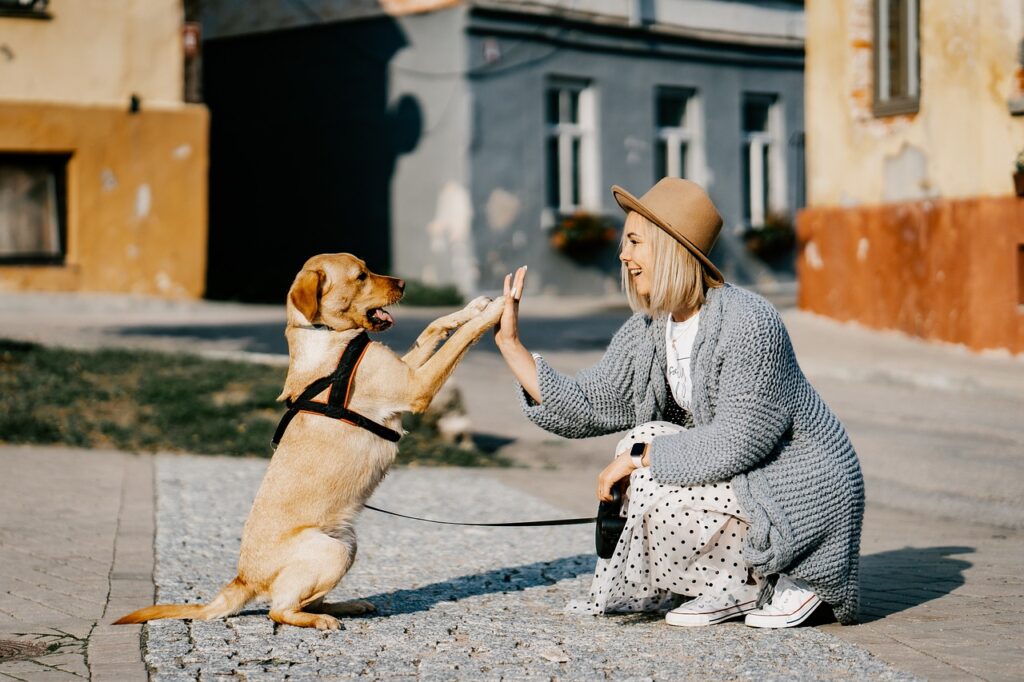
This isn’t a weekend project — you’re signing up for a decade or more of care, love, and responsibility. Puppies are adorable, but they grow up into full-sized dogs with evolving needs. Will your lifestyle still suit a dog in five or ten years? Consider future changes: moving cities, starting a family, changing careers, or experiencing illness.
Vet Bills Add Up Fast
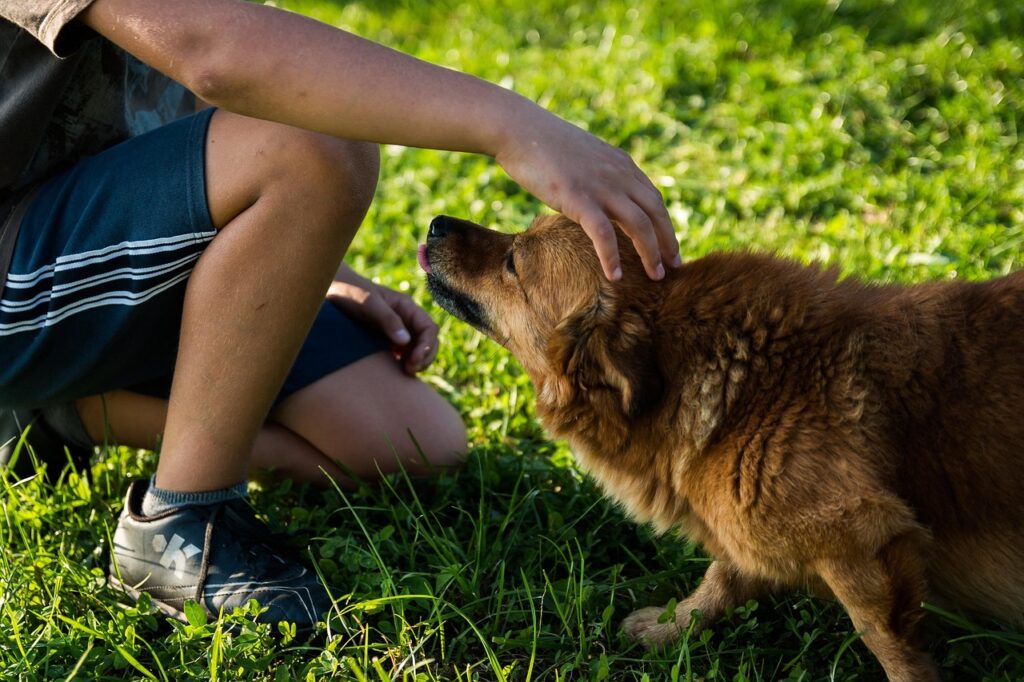
Even healthy dogs need regular check-ups, vaccinations, and preventative care. One emergency visit can cost hundreds — or even thousands — in unexpected bills. Pet insurance helps, but not everything is covered, and not all plans are worth it. If your budget is already stretched, ask yourself honestly: can you afford the basic care and dental cleanings, diagnostics, and age-related treatments?
Training Isn’t Optional

All dogs need training — not just for tricks, but to function in a human world. Without guidance, dogs can become fearful, destructive, or even aggressive. Training is not a one-and-done deal; it requires daily practice, clear boundaries, and positive reinforcement. Whether you choose to train on your own or work with a professional, consistency is important. A trained dog is a happier dog — and makes life easier for everyone around them.
Not All Breeds Fit All Lifestyles
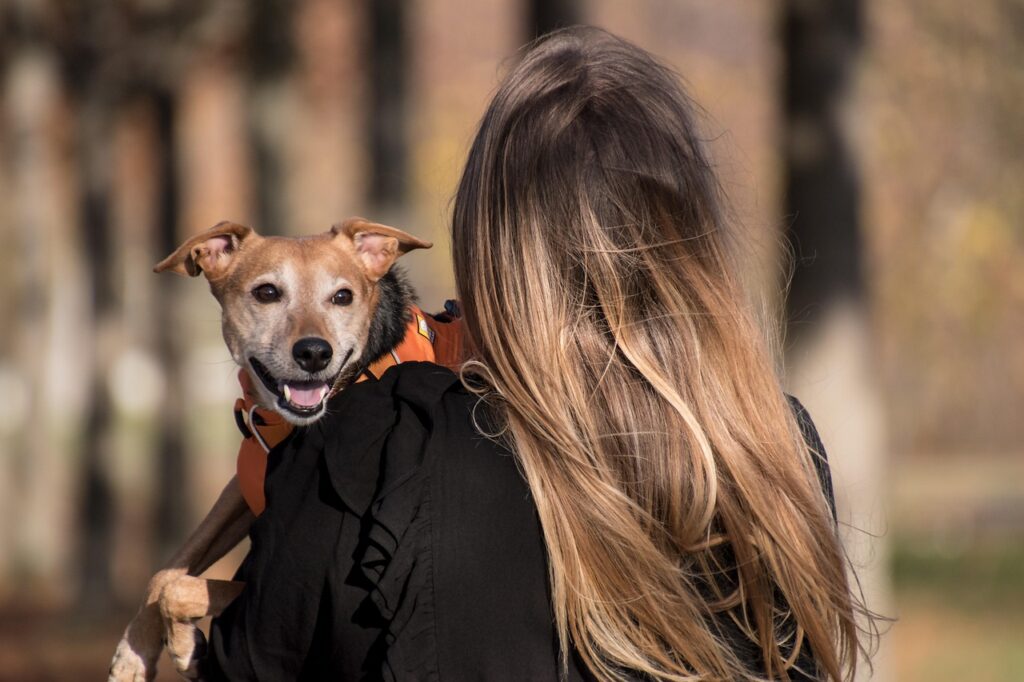
Some breeds were born to run all day; others are happy lounging on the couch. Don’t just go by appearance — research the breed’s temperament, energy level, size, grooming needs, and common health issues. A mismatch can lead to frustration on both sides. Choosing a dog based on looks alone is a gamble you might regret. Make sure the dog’s instincts and routines align with your daily life, not just your aesthetic preferences.
Puppies Are Harder Than You Think
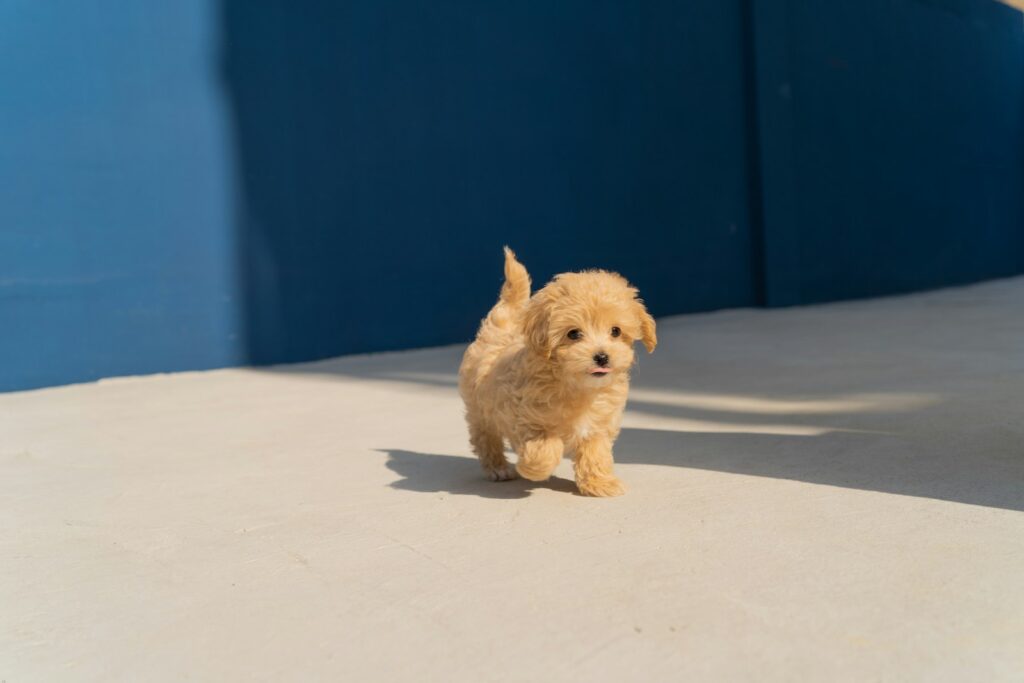
They bite, chew, whine at night, and have no clue where to pee. The first few months are full-on chaos, and you’ll need round-the-clock supervision. Expect accidents, sleepless nights, and destroyed belongings. If you work long hours, live alone, or value a spotless home, a puppy might not be the best fit right now. It’s not just about cuteness — raising a puppy is intense, exhausting work that requires patience and a sense of humor.
Adult Dogs Can Be a Better Choice
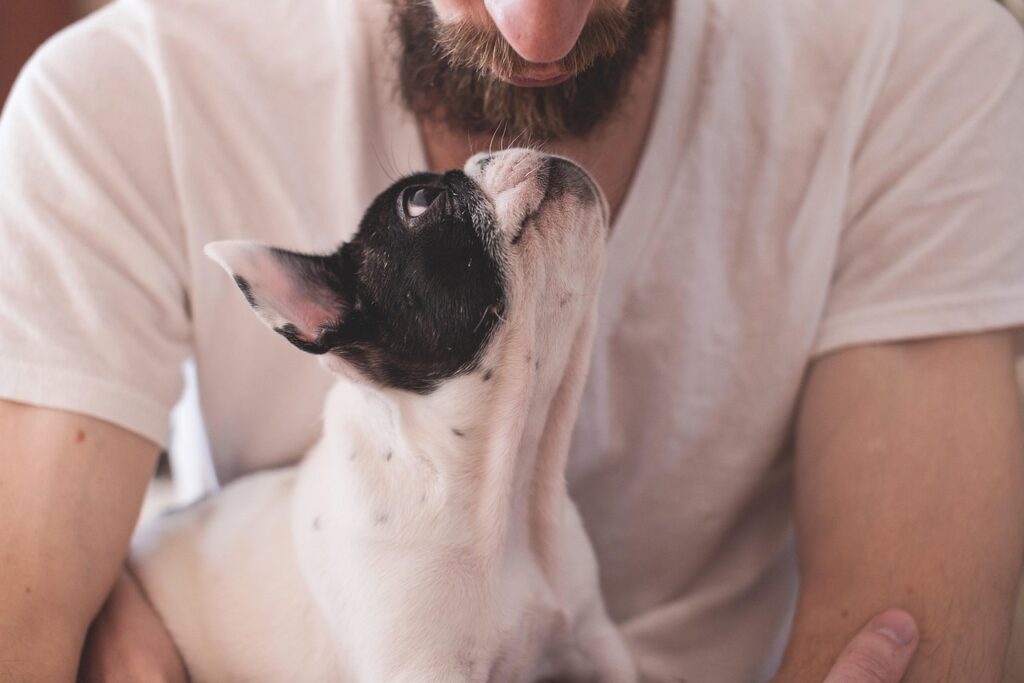
Adult and senior dogs are often calmer, housetrained, and already know basic commands. Many end up in shelters through no fault of their own and are eager to bond with someone new. If you want to skip the chaos of puppyhood, adopting an older dog can be incredibly rewarding. They’re often overlooked but make excellent companions — especially for people with more structured routines or who prefer a mellower energy in their home.
Your Schedule Will Change
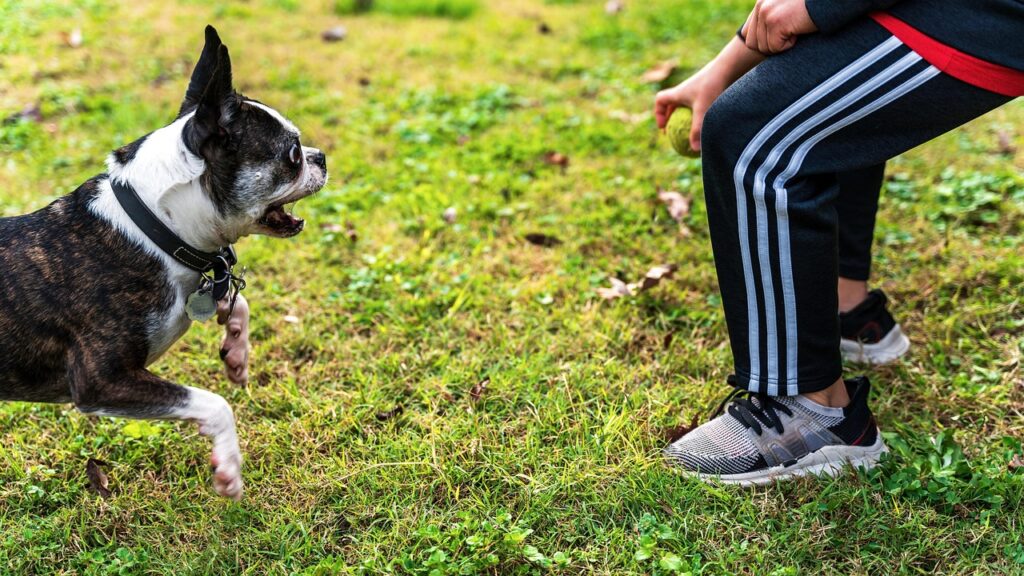
Dogs need daily structure — they don’t care if you overslept or want to go out after work. Walks, meals, attention, and playtime must happen consistently. If your life is packed with late nights, spontaneous travel, or long office hours, you’ll need a plan in place. That could mean arranging for a dog walker, pet sitter, or modifying your schedule altogether. A dog depends on you to be their constant every single day.
Dogs Need Mental Stimulation, Too
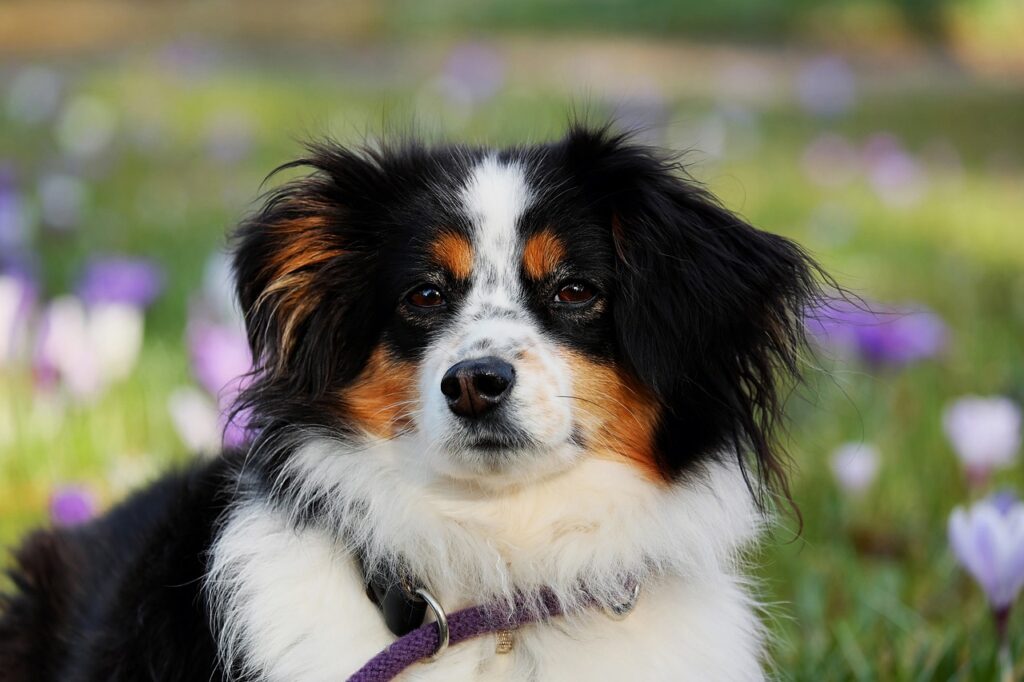
A tired dog isn’t just physically worn out — they need mental enrichment to stay balanced. Bored dogs often act out by chewing, barking, or digging. Puzzle toys, obedience training, sniff walks, and interactive games help keep their brains busy. Some breeds require this kind of stimulation even more than exercise. A 20-minute brain game can be just as effective as a 40-minute walk. Don’t underestimate their need to think, not just run.
Socialization Starts Early
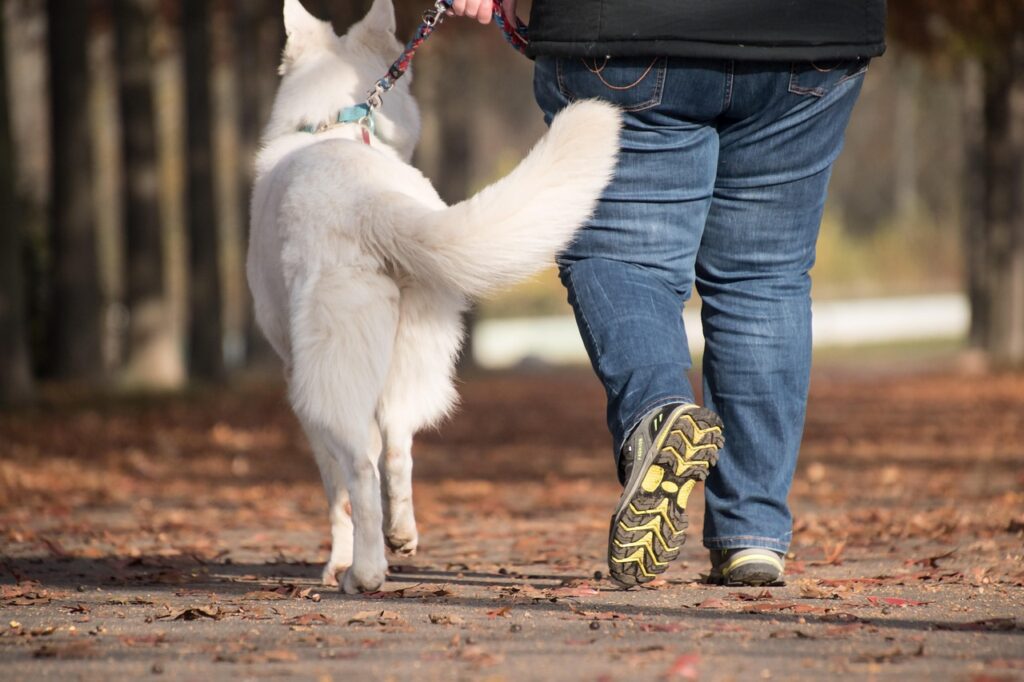
To raise a confident and well-adjusted dog, early socialization is essential. This means safe exposure to people, dogs, surfaces, sounds, and places — ideally during puppyhood but also beyond. Without it, dogs can grow fearful, reactive, or aggressive. Socialization isn’t just about tossing them into dog parks and hoping for the best — it’s a slow, intentional process. You’re shaping their worldview, and that takes repetition, patience, and careful observation.
Not Everyone Will Love Your Dog Like You Do
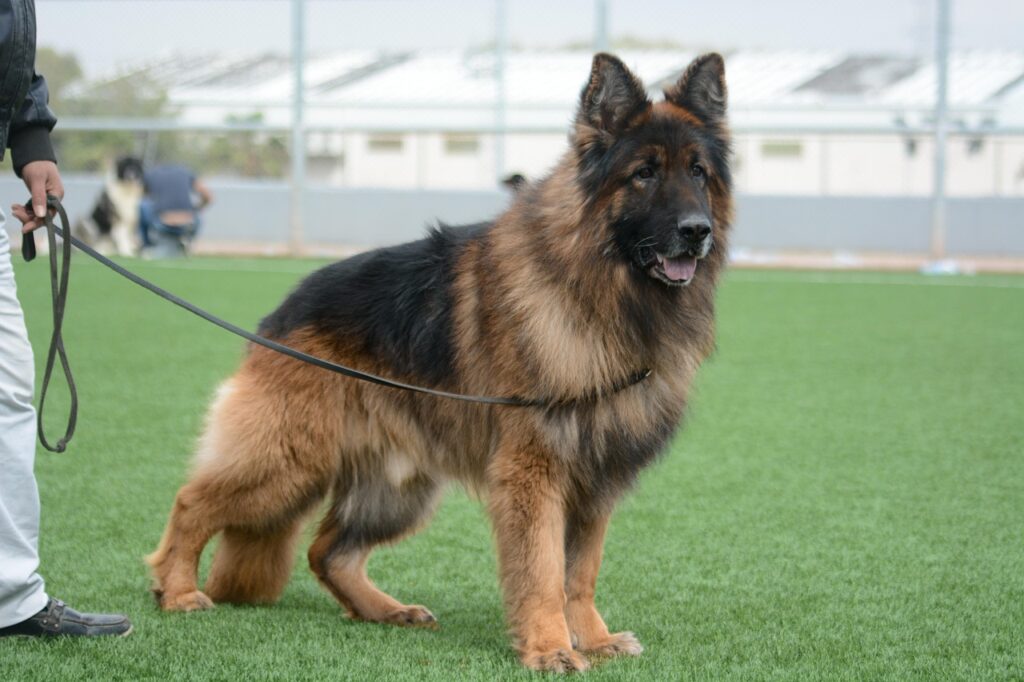
Some people are afraid of dogs. Some kids don’t know how to behave around them. Some dogs don’t get along with other dogs. As an owner, you need to read the room and respect boundaries — both human and canine. That means knowing when to leash up, when to keep your dog home, and when to walk away from a situation. Not every dog needs to be everyone’s friend, and that’s perfectly fine.
Daily Exercise Is Non-Negotiable
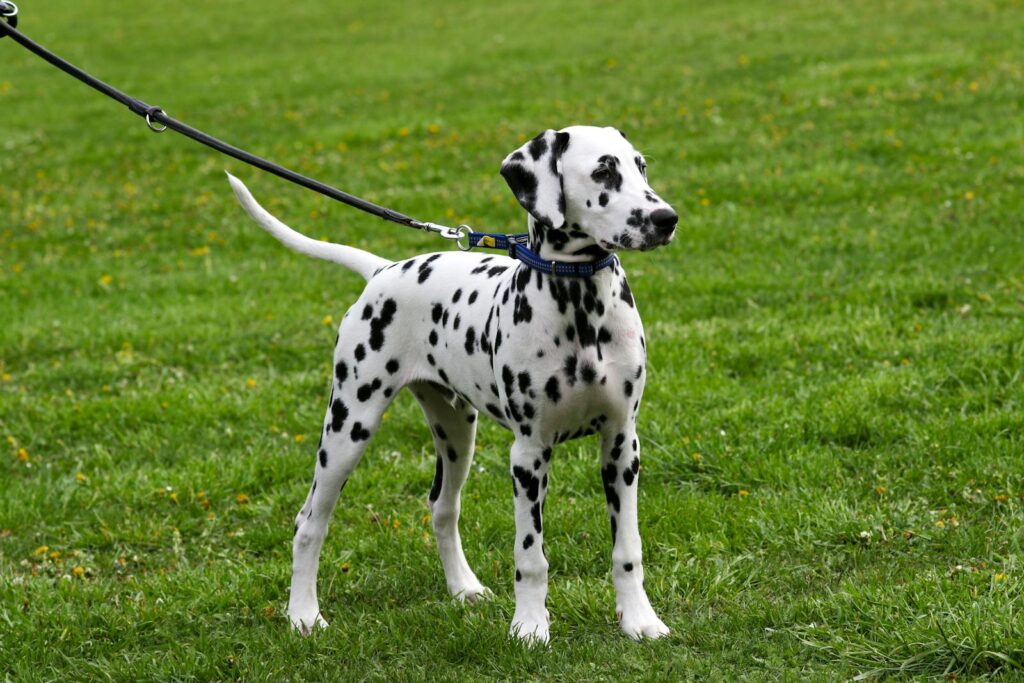
Even so-called “low-energy” dogs need movement to stay healthy and sane. A fenced yard helps, but it’s no substitute for structured walks, new smells, and bonding time. Exercise prevents obesity, reduces anxiety, and builds trust. And it doesn’t just benefit the dog — daily walks can improve your own mood, energy levels, and fitness. The bottom line: if you don’t want to walk in rain, heat, or snow, think twice before committing.
Dogs Shed, Smell, and Make a Mess
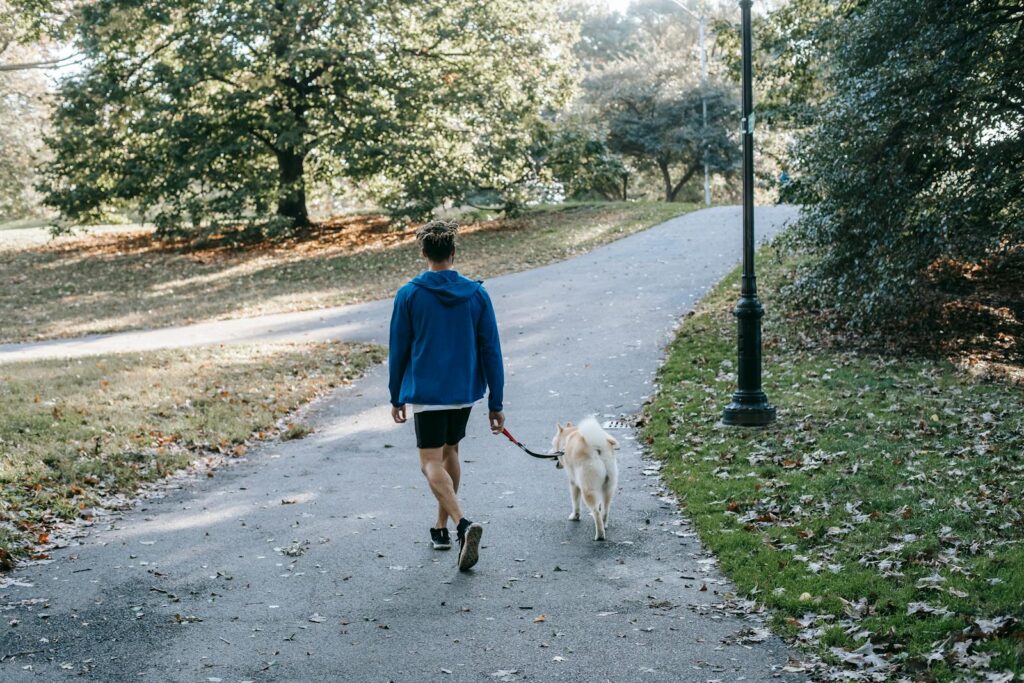
Even well-groomed dogs bring chaos into your home. There will be hair on your couch, muddy paw prints on your floor, and maybe even the occasional chewed-up slipper. Some breeds shed heavily; others don’t, but they still drool, track dirt, and leave odors behind. If you’re a neat freak or allergic to fur, this might come as a shock. Invest in good cleaning tools, washable rugs, and plenty of lint rollers — you’ll need them.
You’ll Need a Reliable Pet Sitter or Boarding Plan
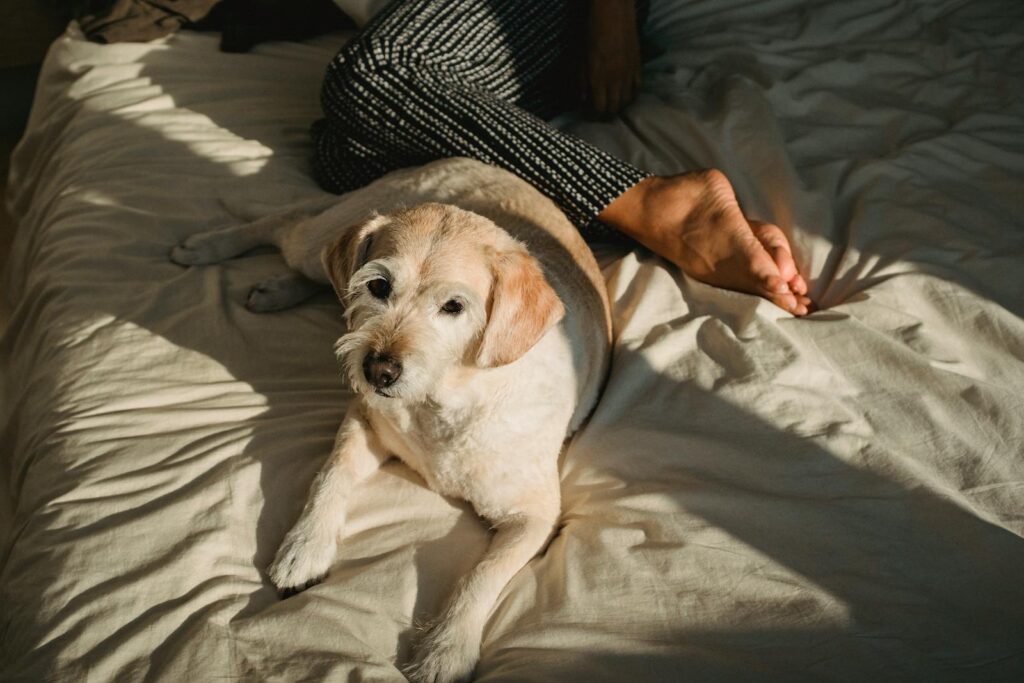
Emergencies, business trips, holidays — life happens. And your dog can’t just stay home alone. You’ll need someone you trust to care for them in your absence. That could be a friend, a professional sitter, or a reputable kennel. But good care isn’t always easy to find at the last minute, and not all dogs thrive away from home. Start building your care network early — before you actually need it. Peace of mind matters for both of you.
Dog Ownership Isn’t Always Instagrammable
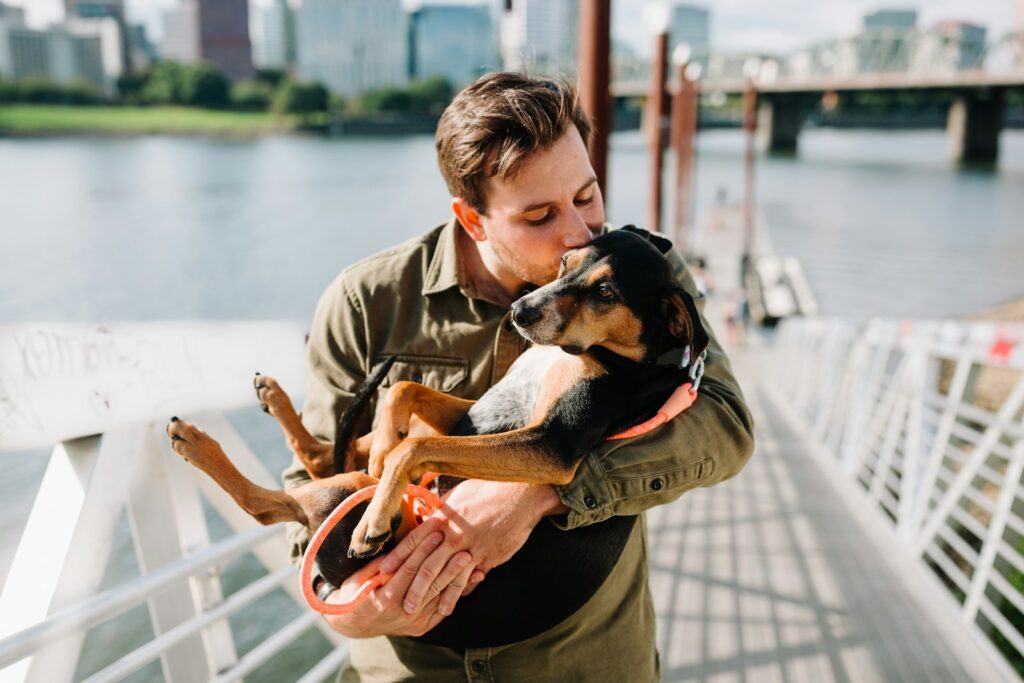
Sure, dogs can be photogenic — but what you don’t see is the chewed furniture, the barking at 2 a.m., or the mess after a stomach bug. Real dog ownership isn’t curated; it’s messy, unpredictable, and sometimes overwhelming. If your expectations are based on cute reels and filtered posts, you’re in for a surprise. There’s joy, yes — but also hard days, bad smells, and real responsibility. You can’t crop those parts out of real life.
Dogs Communicate Differently Than Humans
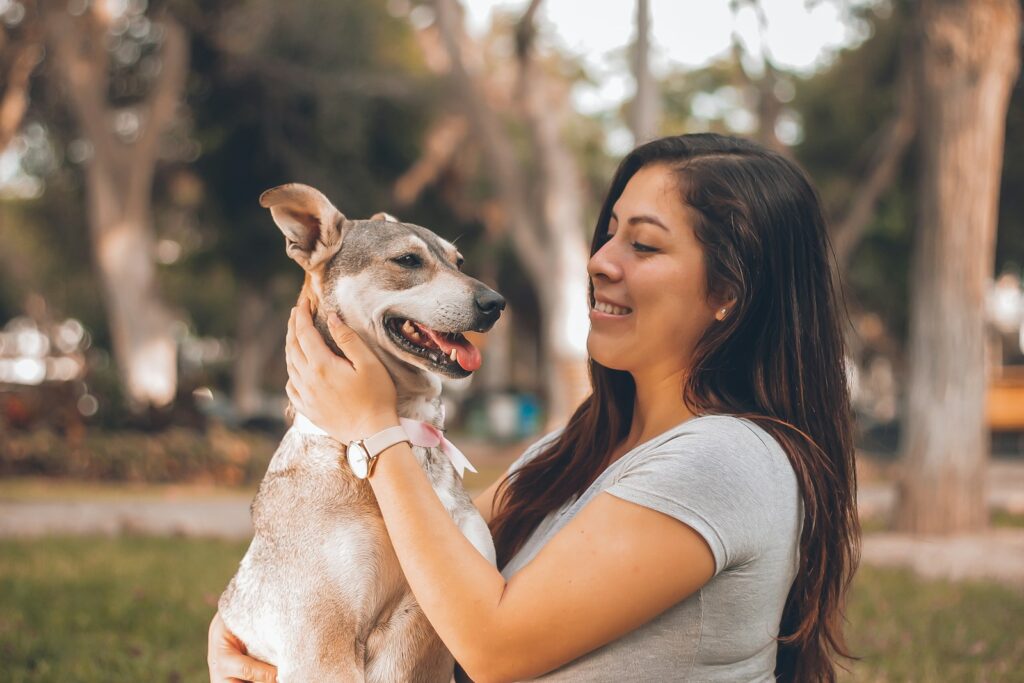
Your dog isn’t ignoring you out of spite — they literally speak another language. Dogs communicate through body language: tail wagging, ear position, posture, and eye contact all carry meaning. They don’t “feel guilty” or “know better” just because you’re upset. To truly understand your dog and train them effectively, you need to learn their signals.





